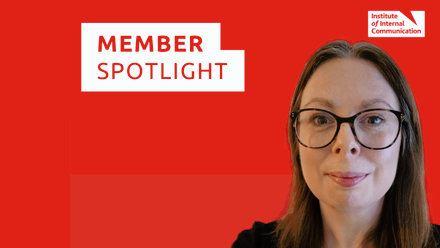I have built my career doing press relations and PR but in the last couple of years I switched to focus on the internal side of comms. Understanding why we engage with our work and organisation and helping people feel part of the bigger picture is fascinating and rewarding. Though I knew the practical side of crafting messages, creating content and understanding audiences; I wanted a deeper level of understanding about how you manage culture and create engagement; how you support people through change and how good internal comms can help make work more meaningful. Switching career path felt like I had a little catching up to do and when advising senior managers I wanted to feel really confident in the theory behind the practical tactics. So, with the trepidation of someone who hasn't studied academically in nearly 20 years, I signed up. And I am very glad that I did!
The Masters course started with the fundamentals of assessing organisational culture and its impact. For me this was the module I found most exciting because I work in a university which has a very hierarchical way of doing things. I learned and understood how our culture fed into the frustrations of staff and how senior managers needed to navigate around this to better engage staff. It opened my eyes to the, often invisible, barriers and opportunities of culture and helped me understand where my comms could add value and where I was, to be blunt, wasting energy battling against an endemic culture.
My Masters has given me the knowledge and confidence to have better discussions with senior managers about how to improve engagement with staff. But it isn't all theory. I used was able to use a specific problem at work (poor staff satisfaction survey results) as the topic for my dissertation research and then use that research at work afterwards to set up a Staff Forum and other new ways to bring managers and staff together. Which nicely brings me back to the tactical practicalities of internal comms again!






